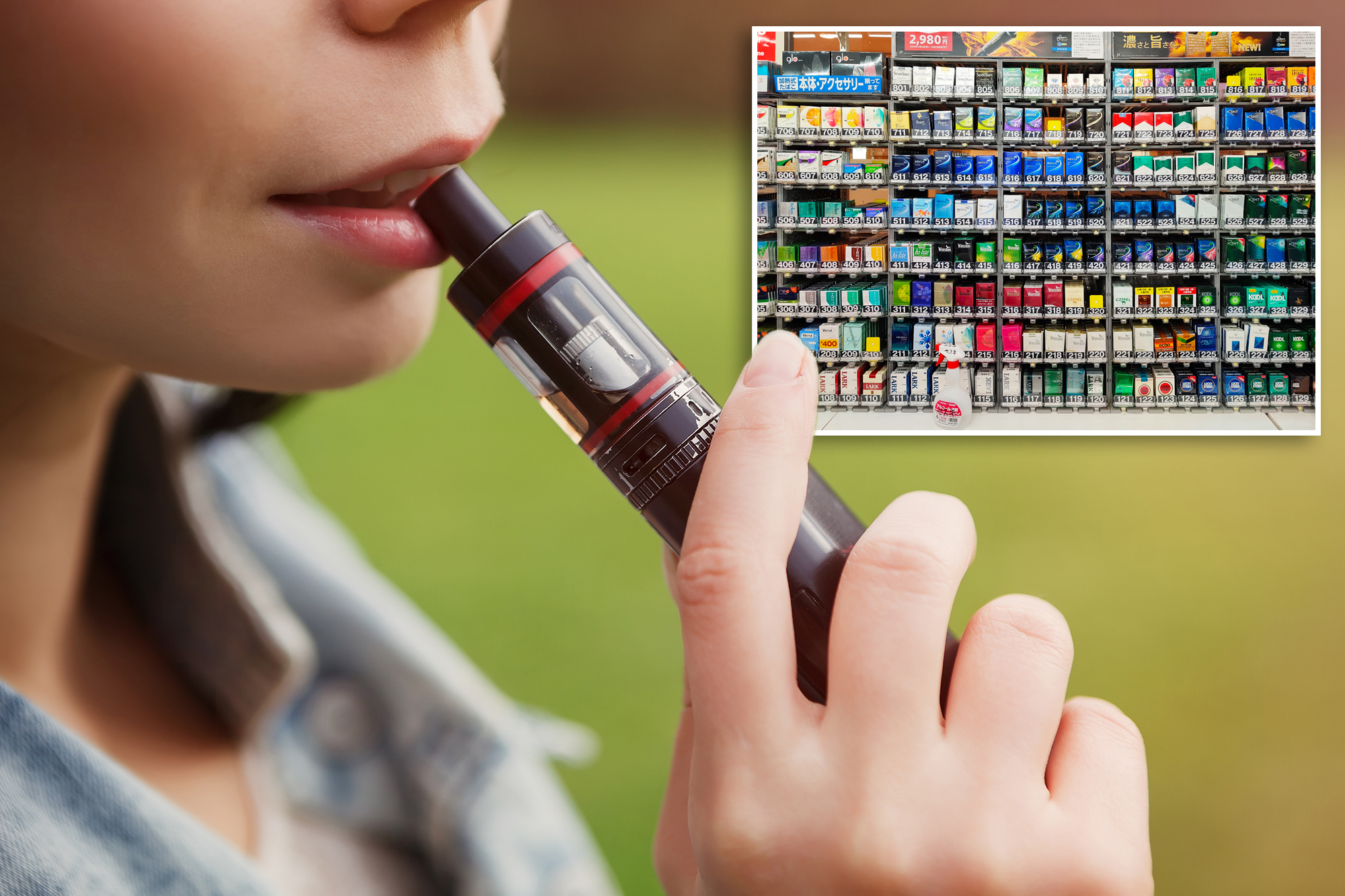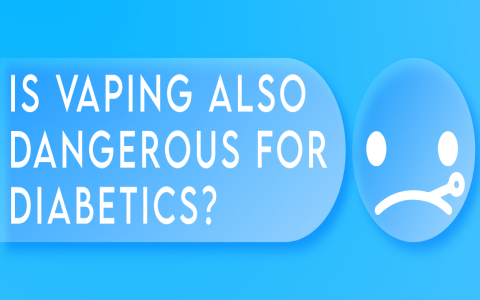Emerging evidence indicates that vaping poses specific risks for individuals with diabetes or prediabetes, primarily through effects on insulin sensitivity, inflammation, and cardiovascular health. Here’s the breakdown:
How Vaping Affects Glucose Regulation & Diabetes Risk
- Increased Insulin Resistance: Nicotine, present in most e-liquids, directly contributes to insulin resistance. It stimulates the release of hormones like cortisol and catecholamines, which counteract insulin, making it harder for cells to absorb glucose.
- Blood Glucose Spikes: Vaping triggers an acute stress response, potentially causing temporary blood sugar elevations. While not as pronounced as smoking, the effect is significant.
- Reduced Insulin Sensitivity: Chronic exposure to nicotine and other chemicals in e-cigarette aerosol can lead to persistently lower insulin sensitivity, worsening glycemic control in existing diabetes and increasing prediabetes progression risk.
Compounding Diabetic Complications
- Cardiovascular Damage: Vaping impairs blood vessel function (endothelial dysfunction), increases heart rate and blood pressure, and promotes inflammation – all critical factors for atherosclerosis. Diabetics already have a 2-4x higher risk of heart disease; vaping significantly amplifies this danger.
- Oxidative Stress & Inflammation: The aerosols contain free radicals and chemicals that heighten systemic inflammation and oxidative stress, accelerating tissue damage to nerves (neuropathy), kidneys (nephropathy), and eyes (retinopathy).
- Poor Wound Healing: Nicotine restricts blood flow, impairing circulation crucial for wound healing. Combined with diabetes-related vascular issues, this drastically increases the risk of severe foot ulcers and potential amputations.
Vaping vs. Traditional Cigarettes
While vaping generally exposes users to fewer harmful combustion byproducts than cigarettes, it is not harmless, especially for diabetics. Many vape products deliver comparable or higher nicotine levels. Switching from smoking to vaping might reduce exposure to some carcinogens but does not eliminate the metabolic harm nicotine inflicts on glucose regulation and cardiovascular health.

Key Recommendations
- Best Choice: Complete cessation of all nicotine products (vaping, smoking) is strongly advised for optimal diabetes management and complication prevention.
- Harm Reduction Reality: If quitting nicotine completely is currently impossible, switching from smoking to vaping might reduce some cancer risks, but it offers no benefit for diabetes-specific risks and actively harms metabolic control.
- Urgent Monitoring: Diabetics who vape must monitor blood glucose levels more vigilantly. Discuss vaping use with your healthcare provider, as medication adjustments may be necessary.
Conclusion: Vaping is detrimental to individuals with diabetes or prediabetes. Nicotine and other components impair glucose regulation, exacerbate cardiovascular risks, and accelerate diabetes-related complications. Quitting vaping is a critical step in effective diabetes management.









